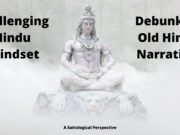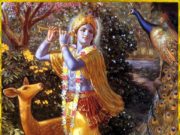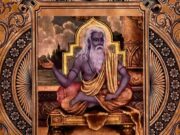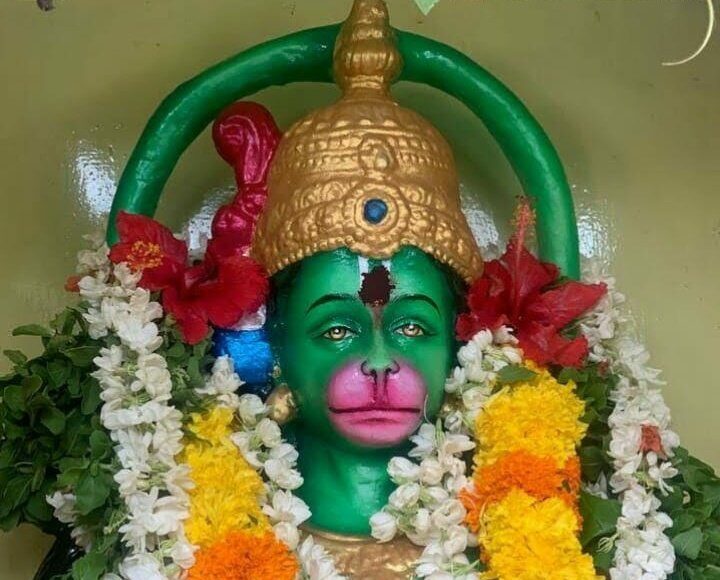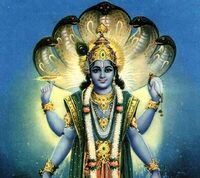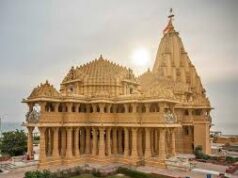Lord is the word from class based appellation created to differentiate ruling or noble class from a commoner.
The title was historically used for creating a peerage of Lords. The British system of Lords was a feudalistic term used for royal appointees by the British Monarchy. This particularly became prominent during the period of Henry VIII. Today the Lord is used by people from other religions especially Hinduism and Buddhism. In the New Testament, Jesus is also referred to as Lord. The point is that the Lord is more of a political title than any spiritual reference. Lord is a very common lowly word that is not meant to be used for any vedic or hindu deity. The word Lord was introduced in India by Christian missionaries and British government in 1887 when Biblical terms came to be used for Hindu culture.
Using word Lord for Ram and Krishna is actually due to ignorance and also due to propaganda by Christian missionaries.
In contrast, the word Bhagavan is a word defined by Parashar Muni as one with all wealth, all strength, all wisdom/knowledge, all beauty, all fame and all renunciation. No human can possess these qualities in complete. Messengers, Prophets, Gurus and Teachers are all humans who became enlightened in divine knowledge. But even they cannot claim these qualities in full. Any one who is enlightened cannot be termed as Bhagavan.
Because Bhagavan doesn’t become enlightened, rather, He enlightens others. Prophets, Gurus, Messengers derive their relevance from Bhagavan.
No human can claim to possess all the beauty in the planet. There are many beautiful people but no one can claim to possess the ultimate beauty. There are many warriors on the planet but no one can claim to possess all strength. There are many knowledgeable people on the planet but no one can claim to be all knowledgeable. There are many people who are famous in the world but no one can claim to be the most famous. There are many wealthy people on the planet but no one can claim to possess all the wealth. There are many renunciants in the world but no one can claim to have renounced everything, because a human has to ultimately breathe or think.
By definition, Bhagavan is the ultimate person that no human can either attain or come even close to being equal.
Brahm is the energy of Bhagavan. Parmaatma is a part of Bhagavan. All energy or prakriti in the world is a part of Bhagavan. Bhagavan by definition is the absolute personality that everyone wants to surrender to. Sometimes the word Bhagavan is used for Deva also. Deva or Devi is used for powerful controllers of this world. They are also the devotees of Bhagavan. But for humans they are so powerful that they are sometimes referred to as Bhagavan.
Bhagavan word is usually reserved for only Hari, Vishnu, Krishna, Ram and other Kalaa & Amsha of Krishna. Whenever Krishna speaks something in Gita, Vyasadeva says “Sri Bhagavan Uvaca”.
How is Krishna Bhagavan in Human experience? Krishna lifted the whole Govardhan hill (all strength). Krishna is the Knower & origin of all Veda (all knowledge). The word Krishna means all attractive (all beauty). When Krishna was present, He was famous all over the planet. Krishna was known to be most renounced when He renounced even His reputation to please His devotees.
To summarize, we should use the word Bhagavan for all Vishnu incarnations. And Deva or Devi for all other divine personalities. The word Lord must be relegated to the dustbin of colonial history.
Disclaimer: The views expressed are personal to the author
Please donate to support our activities for Hindu communities across the world


